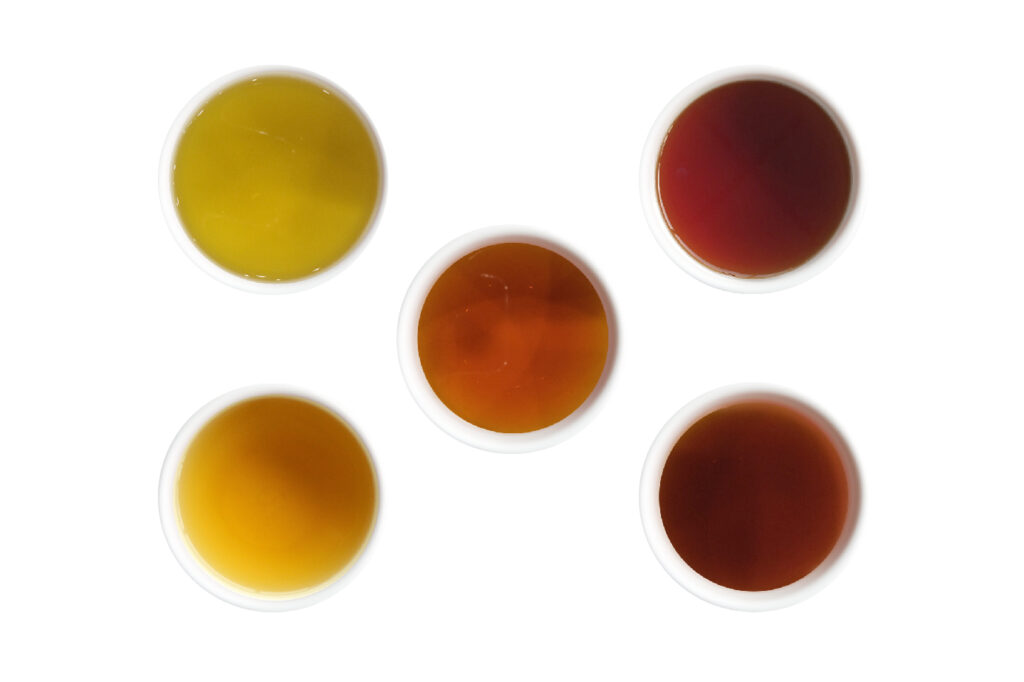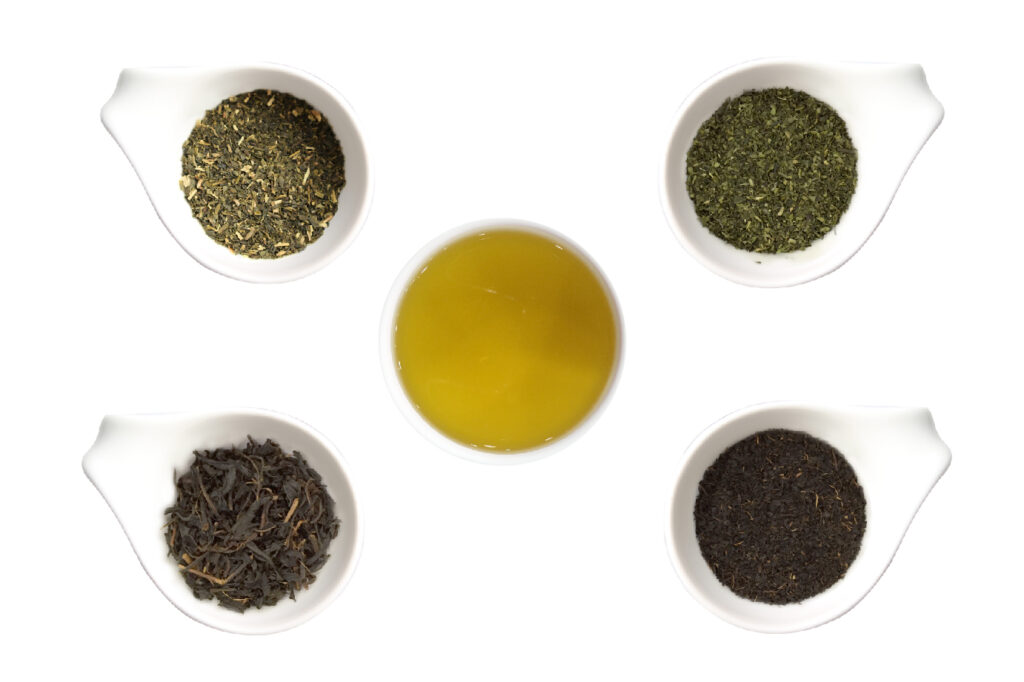
Tastes of Teas
Tea drinking has been a part of the everyday lives of Chinese people for more than a thousand years. Tea is not only a daily beverage but a drink that can be enjoyed. Throughout the years, tea drinking did not fade, rather, it has now become popular all over the world, and it is liked by both people from the East and West.
Although everyone’s taste buds are different, in terms of science, the main factors contributing to the taste of tea are “caffeine”, ”Tea Polyphenols”, ”Theanine”, ”Sugar”, ”Organic acidic substances”.
Bitterness ─ Caffeine
The source of bitterness in tea comes from caffeine, also known as alkaloids, or Theophylline. This is the most stable substance as it does not participate in the fermentation process. Besides the tea seed, the entire tea tree has caffeine; all processes of making tea will not impact the amount of caffeine present. With just the right amount of bitterness gives the tea an extra kick.
Astringency ─ Tea Polyphenols
Fermentation plays a big role in this; through various tea making procedures, tea polyphenols will oxidize. Through oxidization, the amount of tea polyphenols will decrease, which also lowers astringency. There are about 30 different types of polyphenols in teas, and the ones you may be familiar with are Catechin and anthocyanin.
Sweetness ─ L-Theanine, Sugar
In relation with the fermentation process and the oxidization of polyphenols, L-Theanine and various sugars are also created in this process. The amino acids in L-Theanine helps to not only balance out the astringency but also give a pleasant scent which helps lower the side effects of caffeine; this is the secret ingredient in tea!
Tartness ─ “Organic acidic substances”
Citric acid, Malic acid and Gallic acid…etc are what causes tartness in tea. Although there is tartness, but it is not too strong and your taste buds won’t be affected greatly. The tartness is like an additional seasoning in tea, giving you another layer of taste.
The growing environment, species, tea picking and tea making process of different teas affect their tastes. In general, the difference in taste is caused when tea mixes with water, the rest differs from people to people. Now that you learned something about tea, the next time you drink tea, you can appreciate it more and really taste the different flavors present.

Source Reference:
王明祥(2019)。《茶味裡的隱知識》:幸福文化。
P.62-P.119。If any copyright has been violated, please contact us
